High School Transition
Special Services
Entering a rigorous high school environment can be an intimidating task for a teenager having to navigate many social, extra-curricular, and academic challenges that were not part of their lives previously. This experience tends to be jarring and disorientating and often needs a supportive guide to negotiate these challenges. While many schools have complimentary support services such as counselors, learning specialists, and tutors, many of these services are overbooked and spread too thin to truly support these students. The quality of the can also be mediocre or limited in actually helping the child to cope, adjust, and thrive.
Our educational transition expert, Alex Merrill, draws on the experience of nearly twenty years, teaching, tutoring and coaching students in institutions such as Philips Andover, Taft and Dartmouth College. Alex, a one-stop shop resource, can provide support to your new high school student in a variety of areas with one primary and focused goal: the help you child thrive in the academic, extra-curricular and social forums of high school.
His services are highly customizable, but here are the potential areas of focus:
- Reading Skills: Providing some skills for annotation and close reading for increased reading level demands.
- Study Skills: Preparing effectively for quizzes and tests outside of class time.
- Essay Writing: Providing a structured model based on extensive experience with analytic writing composition.
- Executive Function: Setting up and checking with a student on their planning and self-management, with classes and extra-curricular activities.
- Developing Relationships: effectively beginning and pursuing relationships with teachers.
- Social Challenges: non-invasive coaching through complex social issues and their interface with academics and extra-curriculars.
- Mental Health: Negotiating mental health and its role in maintaining a healthy balance for success.
- Life Management: Guidance on course selection, extra-curricular commitments, and balancing the demands of family life.
- Conducting Research: searching online for resources such as scholarly articles, online encyclopedias or academic journals for assignments that require these resources.
The meetings can be conducted online through user-friendly software, a recommended three times per week in frequency, offering excellent flexibility in scheduling and availability. If the student believes they have all extra-curricular management of their life covered on their own, the sessions can take a largely academic quality, spanning a great breadth of disciplines, focusing mainly on course material, with some coaching built in to the instruction of approaches to the course.
Given the pressing need for such a resource for many teenagers entering unfamiliar circumstances, this transitional educational specialist offers a tremendous opportunity for the kids using RNG services. A supportive, caring, and well-educated adult squarely in their corner, supporting them through all facets of their new school life can make all the difference in their success in a demanding environment.
College Transition
Services
The general attrition rate for most colleges is around 25%, meaning that one in four students who begin a college in the fall will not complete the degree, many of them not making it past the first year before dropping out. There are a variety of explanations for this startling number, but for most they lack the resources needed to make the difficult jump into higher education. While most colleges have services designed to support their young students, such as academic support centers, counselors, residential monitors and a host of academic specialists, many of them are overbooked and spread too thin to take personal interest in the success of individual students. The staffs are also frequently drawn from the school’s own student body or recent graduates, lacking the experience to be able to provide the know-how needed to guide them effectively. Moreover, the systems can often be abstract or difficult to use, resulting in many students simply giving up on them.
Our educational transition expert, Alex Merrill, draws on the experience of twenty years, teaching, tutoring and coaching students in institutions such as Philips Andover, Taft and Dartmouth College. Alex, a one-stop shop resource, can provide support to your new college student in a variety of areas, with one primary and solemn goal: to assure they are able to make the transition to college and its academic, social, and extracurricular rigors effectively. While every situation is different, here are the potential areas of focus:
- Executive Function: Setting up and checking with a student on their planning and self-management, with classes and extra-curricular activities.
- Study Skills: Providing some skills for annotation and note-taking and assisting with working through more difficult texts in college reading.
- Essay Writing: Providing a structured model, if needed, or more advanced feedback on essay writing, based on extensive experience with analytic writing composition.
- Conducting Research: searching online for resources such as scholarly articles, online encyclopedias or academic journals.
- Developing Relationships: effectively beginning and pursuing relationships with professors.
- Social Challenges: non-invasive coaching through complex social issues and their interface with academics.
- Mental Health: Negotiating mental health and its role in maintaining a healthy balance for success.
- Life Management: Guidance on course selection, extra-curricular commitments, and assistance in planning for summers.
The meetings can be conducted online through user-friendly software, recommended three times per week in frequency, offering excellent flexibility in scheduling and availability. If the student believes they have all extra-curricular management of their life covered on their own, the sessions can take a largely academic quality, focusing mainly on course material, with some coaching built in to the instruction.
Ultimately, the goal for these teens and young adults is to create autonomy and self-actualization, but throwing some one young into the deep end at the Y who has not yet ventured into such open water is rarely a good way to teach the freestyle. Having this type of individual and devoted service in taking off the metaphorical training wheels can make a huge difference.x With so much care in finding the right place for your teen to succeed, it only makes sense to follow that up with the resources to allow for their transitional success.










